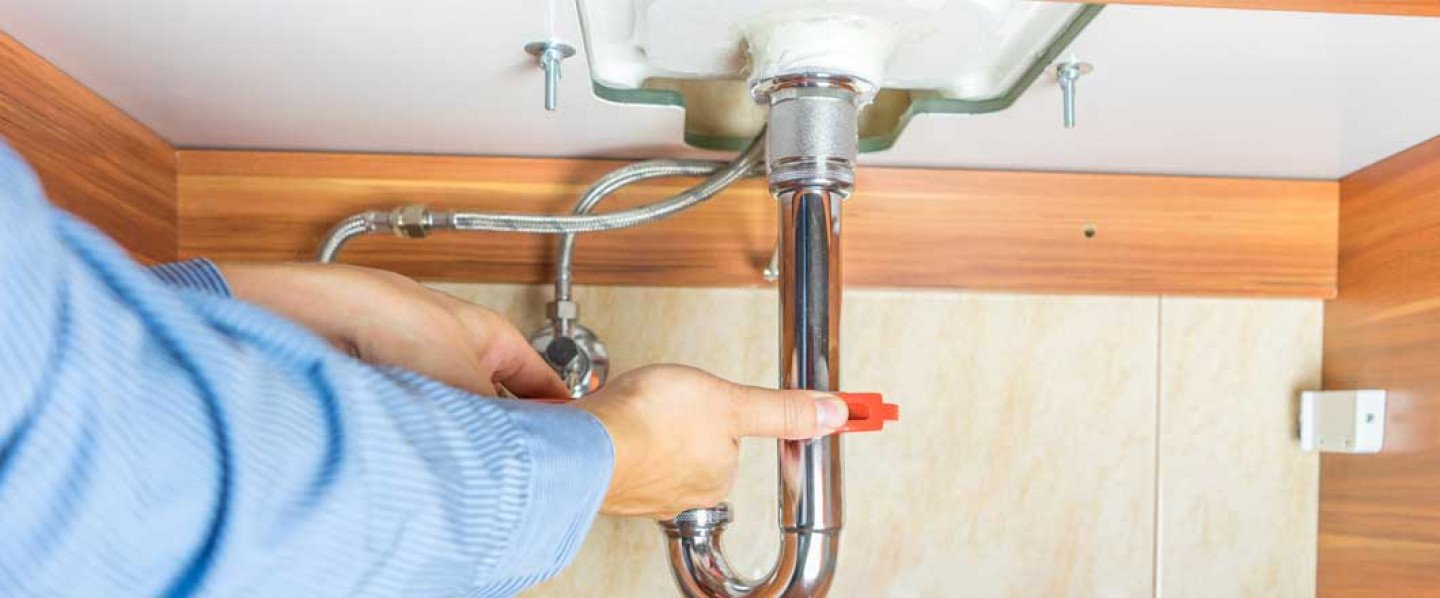8 Eco-Friendly Plumbing Solutions for Your Home
RH Business Marketing Solutions
Plumbing problems can strike at any time, and if you’re like most homeowners, you don’t want to wait until something happens before you start looking for a solution. Fortunately, there are plenty of eco-friendly plumbing solutions that will allow you to have peace of mind without posing a risk to the environment. Whether you’re trying to save water, reduce waste or cut your carbon footprint altogether, here are six easy ways to make your plumbing greener at home.
1. Use a Faucet Aerator
If you don’t already have one, invest in a faucet aerator. Using a faucet aerator is like using a smaller shower head, but it works. A typical faucet aerator will reduce your water consumption by half.
Aerators only cost $5 to $10 and can be found at any hardware store. Be sure to buy an aerator that fits onto your existing faucet. Installing one takes only five minutes and requires no plumbing skills whatsoever; some models even include an installation tool with your purchase. However, don't shy away from getting the necessary assistance if you can't do it.
2. Install an Energy Efficient Water Heater
If you’re looking to reduce your home’s carbon footprint, installing a high-efficiency water heater is a great way to start, and it’ll also save you money! They use at least 30% less energy than standard models and can save homeowners hundreds of dollars over time.
This task, admittedly, is not one that you should take on if you do not have the experience. Seek out a professional plumber, and ask about these solutions; they might have special deals available or partnerships with installers that will give you discounts on their service.
3. Replace Your Toilet Flapper and/or Seal
A new toilet flapper or seal is cheap, environmentally friendly, and will save a lot of water. Replacing just one flapper can save as much as 10,000 gallons a year! And that’s just from one toilet. If you have multiple bathrooms in your home or business, it’s worth doing a little research on how to replace those old flappers so that you can start saving water today.
4. Insulate Hot-Water Pipes in Unheated Areas
Hot water pipes in unheated areas like attics and crawl spaces can lose up to 50% of their heat—that’s your money going down the drain. By insulating hot water pipes, you can reduce your energy bill and reduce harmful greenhouse gases.
In addition, since a hot water tank generally stays hot until it’s drained at night, keeping water moving through your pipes by using an electric timer is a good idea; set it so that when you wake up in the morning, all of your hot water is ready to go!
5. Turn Off the Faucet While Brushing
Turning off your water while brushing will help reduce unnecessary water usage and bills. Likewise, consider turning off your faucet when you’re not using it to eliminate even more wasted water. If you want to make an immediate change, simply cutting back your shower by a few minutes can lead to substantial savings over time.
Experts say that taking shorter showers can save you up to 3,000 gallons of water each year! It may not be worth it, but cutting out just six minutes of shower time each day will save an average person around 1,350 gallons per year. And if all Americans took shorter showers—an easy way to reduce our reliance on foreign oil—it would save about 24 billion gallons of gasoline per year!
6. Fix Leaks Quickly to Reduce Waste
To start, you’ll want to address any leaks in your plumbing system. Leaks are one of the biggest waste offenders for household water usage. You should also invest in energy-efficient fixtures like faucets, toilets, showerheads, and washing machines, which can significantly reduce your home’s monthly water consumption by as much as 20%. With these changes alone, most homeowners see a 25% reduction in their total water bill within six months of installation.
7. Get Eco-friendly Cleaning Solutions
As we all know, cleaning is a must in any home; yet, not all cleaning solutions are eco-friendly. Many household cleaners contain toxic chemicals that harm our planet and end up in our water systems. However, several companies and self-employed individuals have come up with cleaners made from ingredients like vinegar or baking soda.
Alternatively, you can purchase other safe enzymatic biological drainage cleaners that are now common and widely distributed in the market. By choosing to use green cleaners for everyday household chores like washing dishes or scrubbing your tub or drainage systems, you can do your part in helping keep toxic chemicals out of your water system—and save money at the same time!
8. Set Up A Dual Plumbing System
The primary purpose of a dual plumbing system is water conservation. One side of it has potable water, which you can use for cooking, drinking, and washing. In contrast, the other side ensures water is repurposed into other helpful issues around the home, like flushing the toilet or in your irrigation system. A good plumber should set this system up to ensure that you don't drink or cook with repurposed water.
Using eco-friendly plumbing solutions in your home can reduce carbon emissions, water consumption, and even lower your utility bills. They’re more sustainable, better for your family, and better for your community. If you're looking to upgrade your plumbing system to save money and protect our planet's natural resources, consider using one of these seven eco-friendly solutions.
About the Author
Jenn Walker is a freelance writer, blogger, dog-enthusiast, and avid beachgoer operating out of Southern New Jersey.

